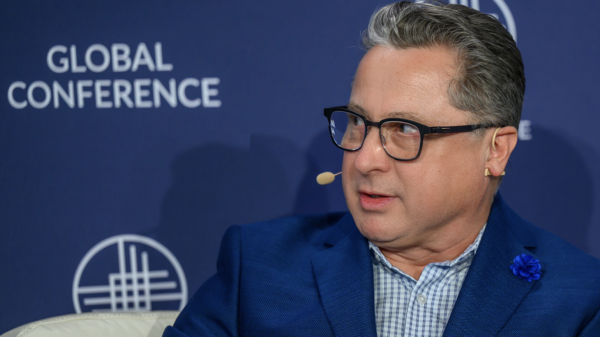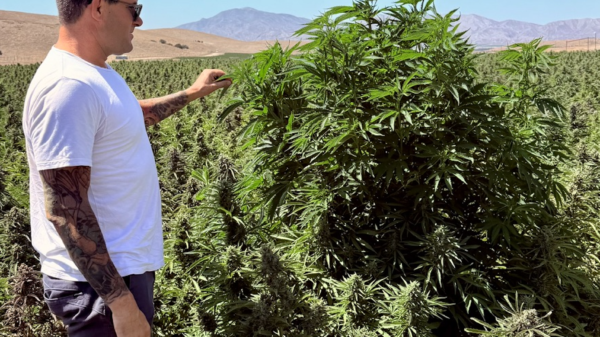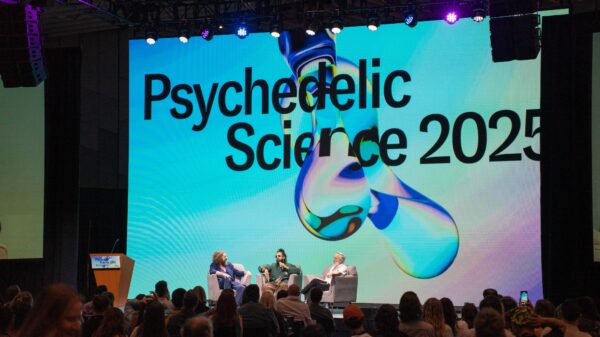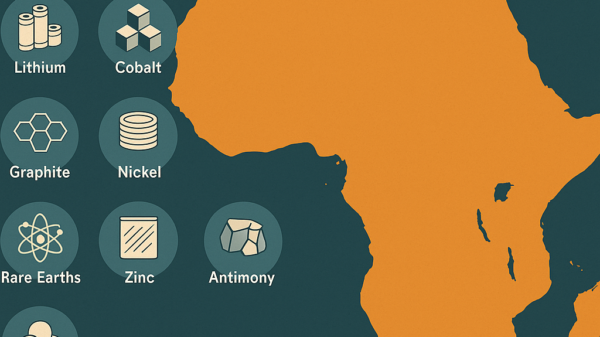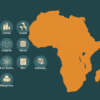The majority of American citizens support regulating psychedelics for therapeutic use and more than three-quarters of them think it should be easier for researchers to study them, according to a new survey conducted by the University of California Berkeley.
The institution’s Center for the Science of Psychedelics (BCSP) released the survey’s results on Wednesday, which found that 61 per cent of United States citizens supported a legal framework for the therapeutic use of psychedelics and 78 per cent believed research on them should have fewer barriers.
The survey took place between June 9-15, had 1,500 participants and a 95 per cent level of confidence. The study also found that liberal voters were much more likely to support legalized therapeutic access to psychedelics than conservative participants.
Despite the majority of voters supporting psychedelics some did not, including 41 per cent who said that psychoactive substances were not good for society.
“Amidst competing narratives of psychedelic stigma and hype, it’s vital that we have clear information about what the public really thinks and believes about psychedelics. Our data shows that people are hearing about the research and support more science, but also that some communities are being left out of an important public conversation,” said Imran Khan, Executive Director of the BCSP.
OUT NOW: The results of the inaugural UC Berkeley Psychedelics Survey
➡ 47% of all respondents have heard about psychedelics recently
➡ 48% of those respondents associate psychedelics with mental healthExplore the data here: https://t.co/IzPJi2oITl pic.twitter.com/HtWn2k97N4
— UC Berkeley Center for the Science of Psychedelics (@SciPsychedelics) July 13, 2023
Read more: UC San Diego receives US$1.5M for cognitive research on DMT
Read more: Lucy Scientific Discovery launches sleep aid with Amanita muscaria and Reishi mushrooms
The news follows Berkeley’s City Council voting to decriminalize psychedelic plants and fungi such as ayahuasca and psilocybin mushrooms on Tuesday. The council’s action item on July 11 was specified as “de-prioritizing the enforcement of laws imposing criminal penalties for entheogenic/psychedelic plants and fungi for personal use.”
The council’s agenda details how psychedelics like ibogaine and ayahuasca have been shown to have a tremendous ability to treat methamphetamine and opiate use disorders as well as PTSD among first responders and Veterans. It also says that psilocybin can effectively alleviate cluster headaches and depression and aid with end-of-life anxiety in cancer patients.
The city’s resolution is “supporting entheogenic plant practices and declaring that the investigation and arrest of individuals involved with the adult use of entheogenic plants on the federal schedule 1 list be among the lowest priority for the city of Berkeley.”
The news also comes after the United States Food and Drug Administration (FDA) published its first draft guidance document on psychedelics research last month.
A report released last June by the analytics firm Data Bridge Market Research indicated that the market for psychedelic drugs in the U.S. would be worth approximately US$8.9 billion by 2029, ascending at a compound annual growth rate of 16.8 per cent.
rowan@mugglehead.com







